Full-time RV living is becoming more and more popular with families. This often leaves people wondering how these families provide their children with an education while exploring the world. For most folks, the answer is roadschooling.
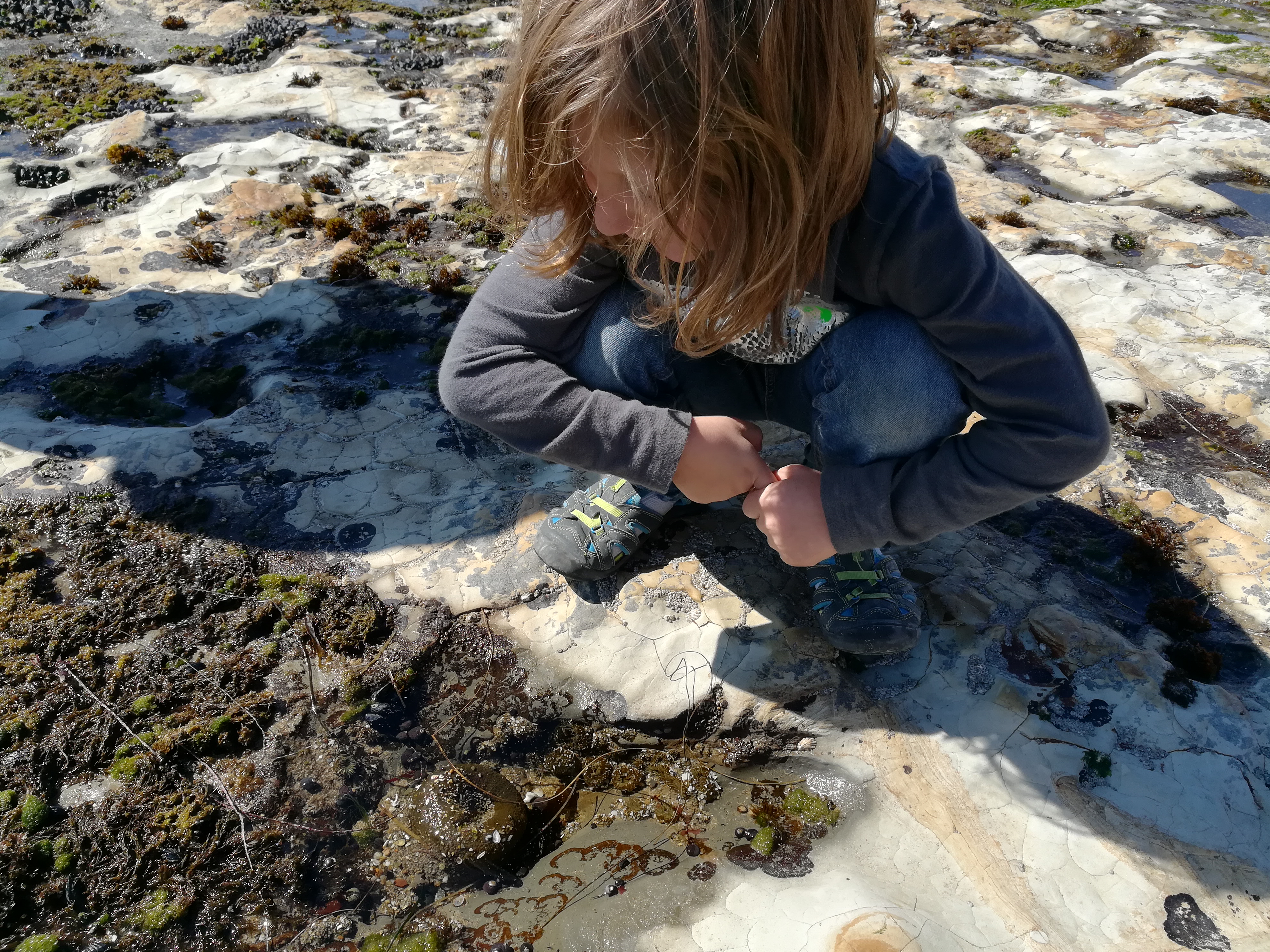
What is roadschooling?
Roadschooling is exactly what it sounds like: schooling on the road. In other words, roadschooling is homeschooling your kids while you travel.
However, roadschooling is actually so much more. It is…
- Offering your children the opportunity to visit each of the fifty states as they learn their respective capitals.
- To actually see the Liberty Bell rather than only reading about it in dull history books.
- To view, touch, and climb around the wonderful Grand Canyon during their study of the Native American tribes that once called the canyon home.
Roadschooling is touching, tasting, smelling, hearing, and seeing knowledge first-hand, and embracing learning as a lifestyle instead of a chore.
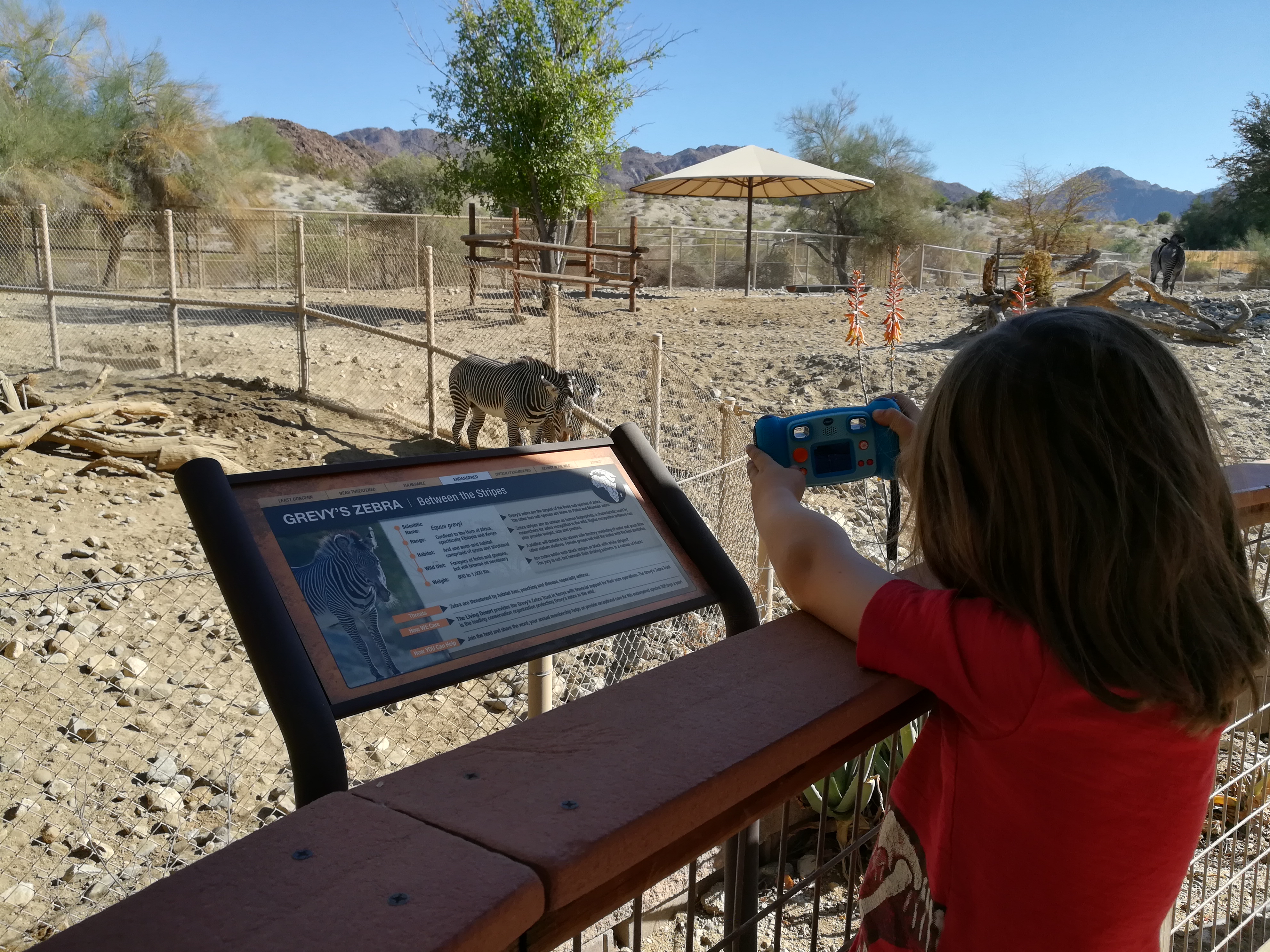
How can I get started roadschooling?
While homeschooling is legal in all fifty states, the exact rules do vary from place to place. Some states, such as Oklahoma and Texas, have very relaxed homeschooling laws, while others are much stricter and require end-of-year testing and proof of work completed.
In fact, depending on how you plan to roadschool and the laws in your current state, you may even want to consider changing your domicile state to one with homeschooling laws that better suit your family’s needs.
To get started with your roadschooling adventure, check out the homeschool laws for your state and take whatever steps you need to take in order to legally homeschool your children. At this point, there is nothing left to do but choose your curriculum and get going.
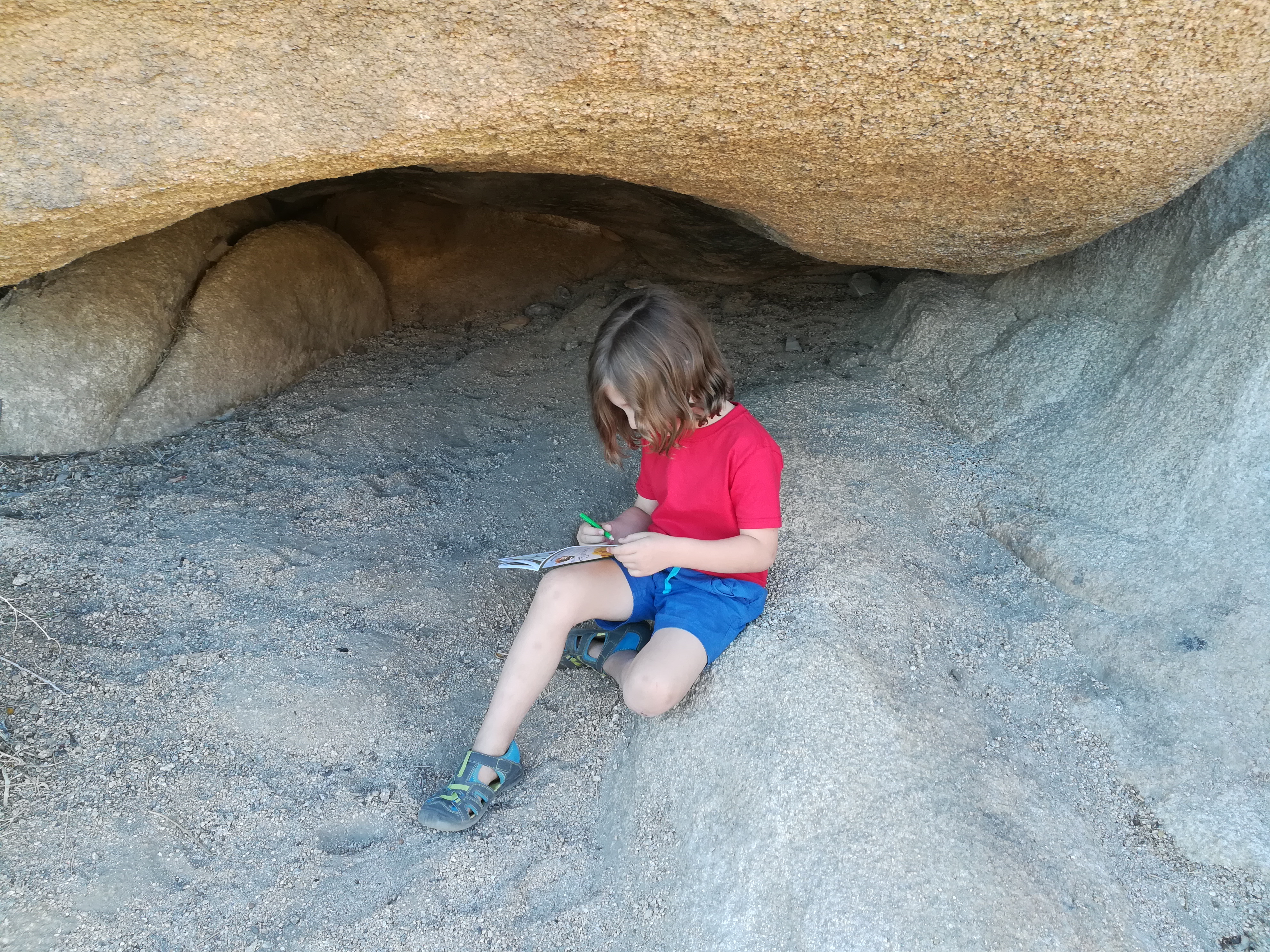
Where do you store supplies?
Some families do all schoolwork online and require very little in the way of physical materials, while others have an entire section of their RV dedicated to school supplies.
Still, others take a very relaxed unschooling approach—a method of homeschooling that is very hands-off and child-led—and have a lot of materials that may not seem school-related, but are actually used for learning every day. These materials are likely stored wherever they would normally store such items (should they not be considered school materials), with cooking tools in the kitchen, books on a shelf, and magnifying glasses in a tool box.
The amount of school supplies your family has and where you store those items is completely up to you. If you prefer to live in the tiniest space possible, online schooling or unschooling may be the best options for you, as they require less in the way of physical supplies. If you wish to take a more traditional approach to schooling though, fifth-wheels and toy hauler RVs offer plenty of space for setting up a school nook that is large enough to hold everything you might need.
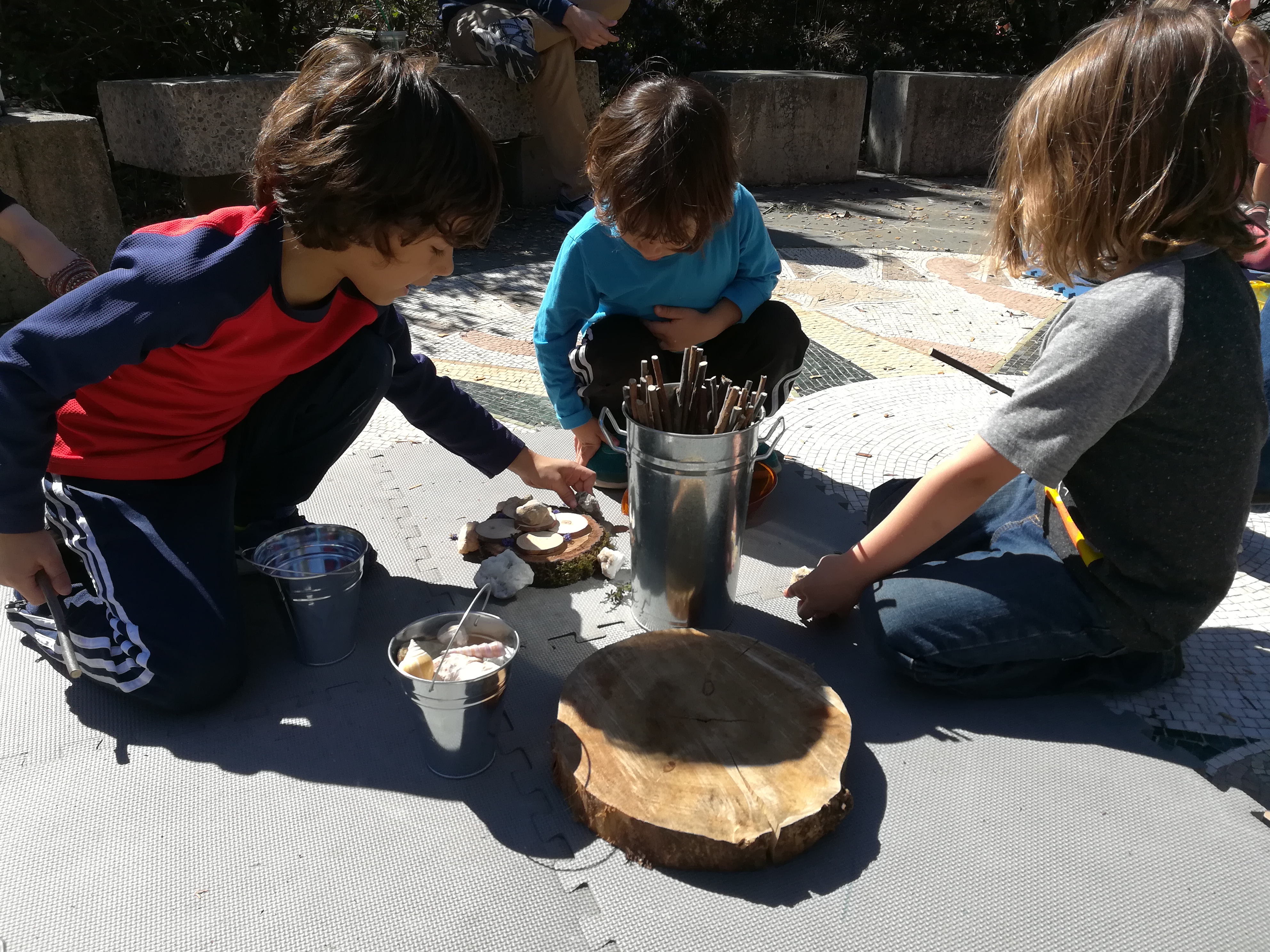
How do your kids make friends?
This question is asked time and time again. The answer? They make friends everywhere! Kids are excellent at making friends, and homeschooled kids actually have more opportunity to socialize when out in the real world than most kids ever have in a typical school day.
If your children are less outgoing, you might have to encourage them to make friends in the places you visit by sending them outside to ride bikes with the neighbor kids, taking them to the pool when you see kids swimming, and going to any campground-hosted events or activities. However, as long as you stay in place for a couple of weeks at a time, you will almost certainly find some fellow full-time friends in each place you visit.
Although keeping in touch with friends while traveling does take a bit of extra effort, it also makes for great writing practice—pen-pals, anyone?—and could be good social media practice for older kids. Additionally, meeting up with friends again after a period of time is always an exciting experience for kids, and great fun for the adults as well.
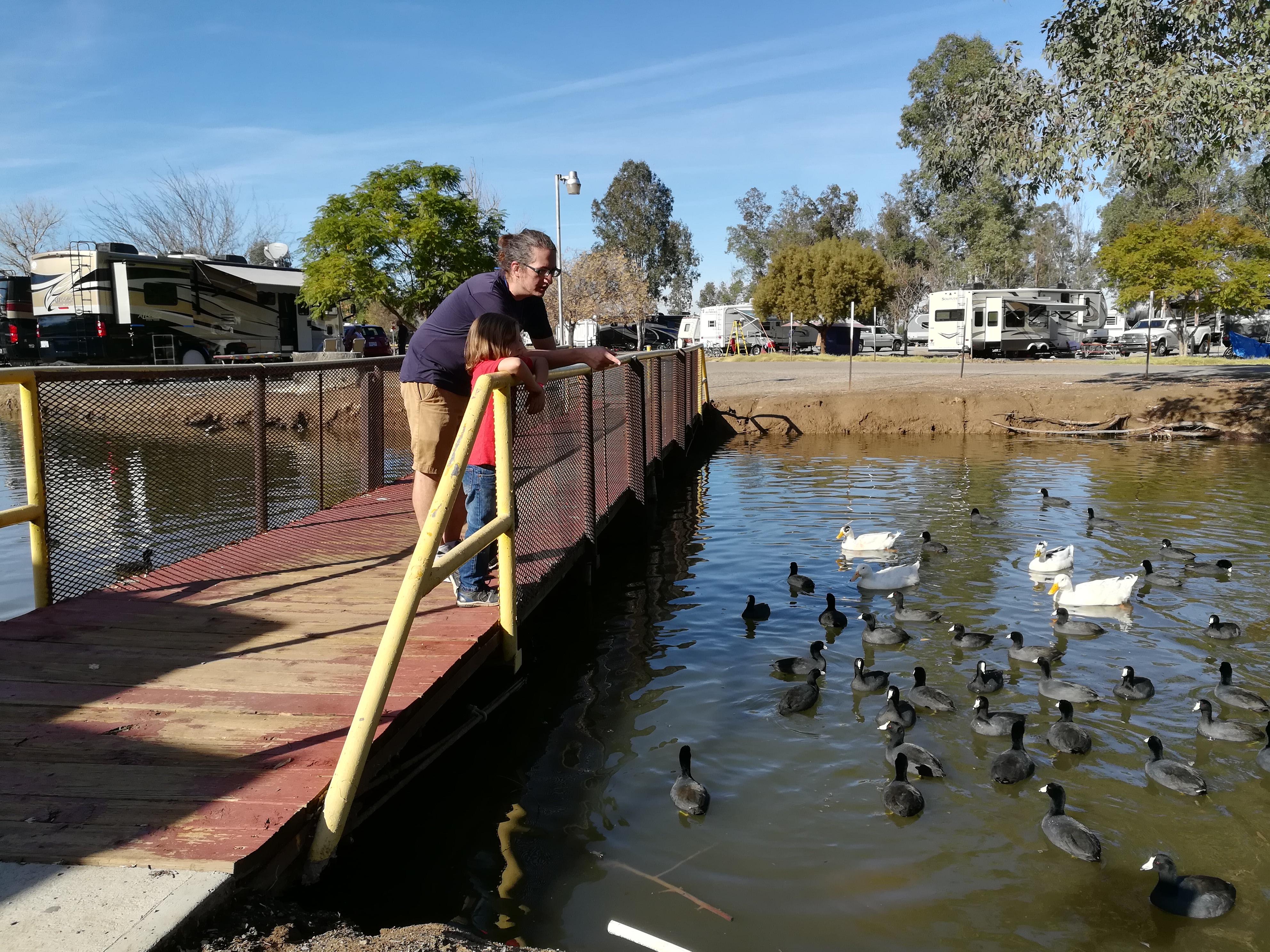
How do I know I am qualified to teach my kids?
Did you teach your kids to talk? Did they learn to walk? If so, you are already doing a great job, and you are definitely qualified to continue doing what you’ve always done: teach your children.
The truth of the matter is, you don’t have to be a genius or even incredibly smart to homeschool. You only need to be able to find information, provide tools, and teach your children how to find information for themselves. Whether you are taking the relaxed unschooling approach or a more traditional school-at-home approach, as long as you can provide your children with a loving and supportive environment and the materials they need to learn and grow, you can roadschool.

Will roadschooling hurt my children in the future?
No matter how you raise your children, there is the potential to screw up. This is true whether your kids go to public school, attend a prestigious private school, or receive an education on the road. For many people, homeschooling is a scary step outside of the box. However, it is important to remember that attending public school does not guarantee your child a good job, admission to a great college, or even a true education.
In fact, homeschooled children are easily some of the most intelligent and unique individuals I have ever had the pleasure of meeting. Additionally, homeschoolers—yes, even the unschooled ones—have consistently high test scores, and while I don’t put much stock in tests, I do have to say that this has to mean something positive.
So no, roadschooling has no more potential to hurt your child than any other form of schooling, and can even give them a leg up in the competitive adult world if you do it right.
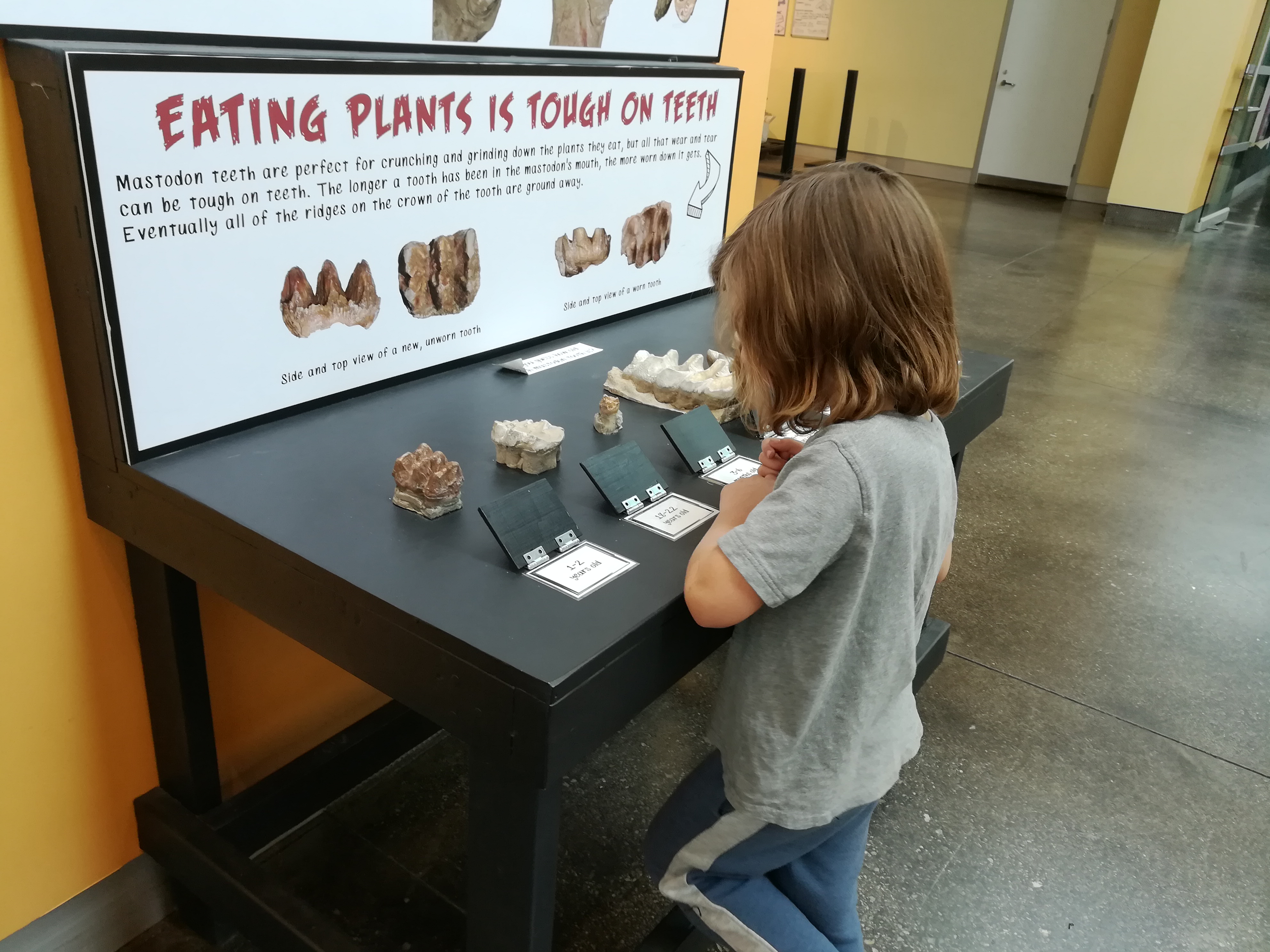
How do I choose a curriculum?
Choosing a curriculum is a very personal process. Some people prefer to visit huge curriculum fairs and look through various options, while others go by the advice of friends and order online. Many people piece together their own curriculum, and a huge majority of roadschoolers use at least some online lessons or supplements.
My best advice for finding what is right for your family is to first work with your child using free resources to get a feel for how they learn best. Once you have a good idea how your child learns best, look around online, read reviews, and look at sample lessons and pages. Curriculum can be quite expensive, so it is important to do plenty of research before purchasing anything.
In addition to whatever curriculum you choose to use, be sure to use your travels to your advantage by tying them into your schooling. Visiting historic sites, national parks, and other places of note will help expand upon your children’s schooling and keep them curious and interested in the world around them.


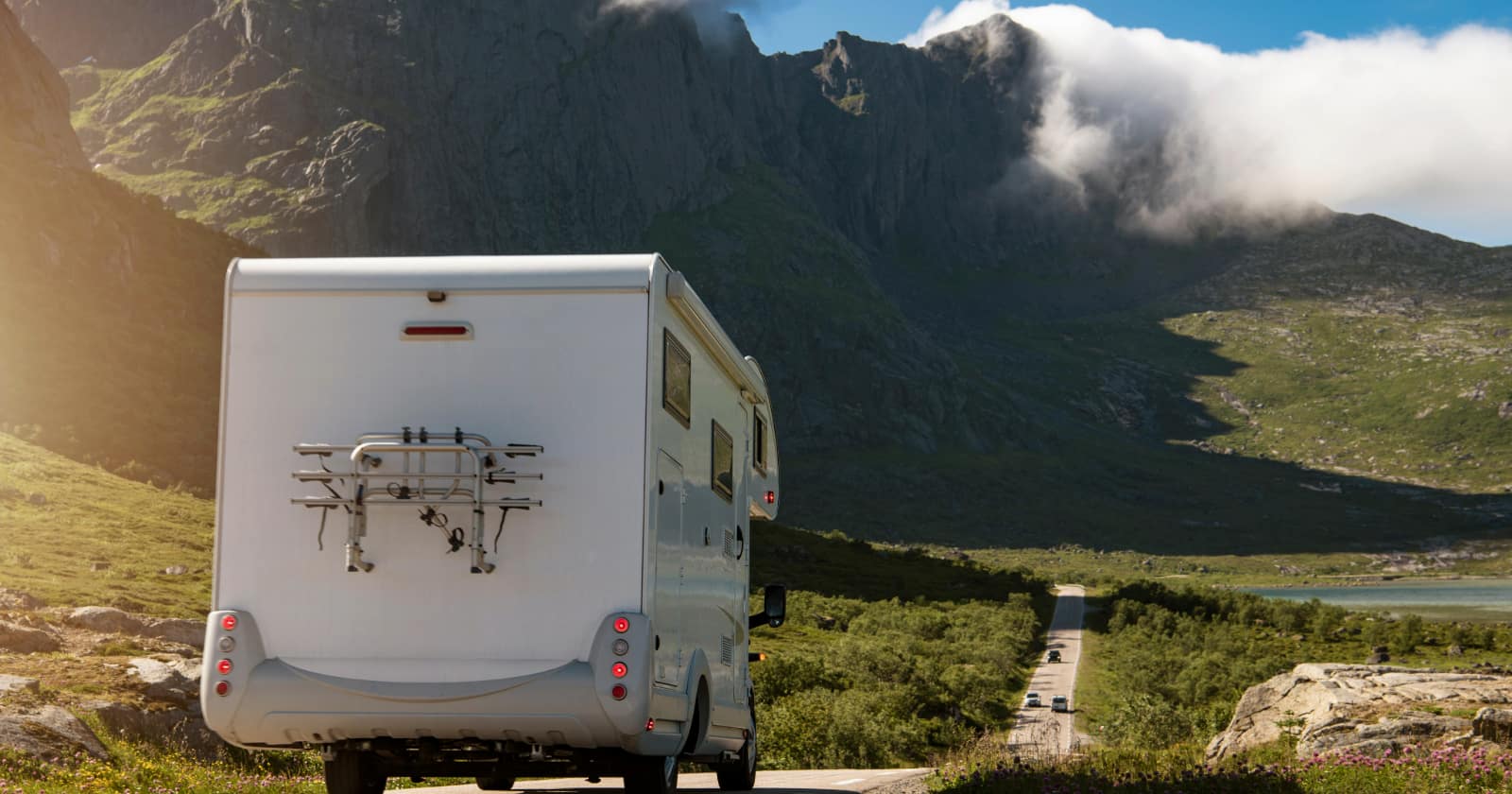

They follow the laws of the state in which they are residents.
given a family decides to stay on the road forever and settle down only after a very long time when they decide to retire in some place, then which state’s homeschooling rules apply to their children? after all, grown-up children above the age of 18 may also decide to stay on the road forever just as well, right?